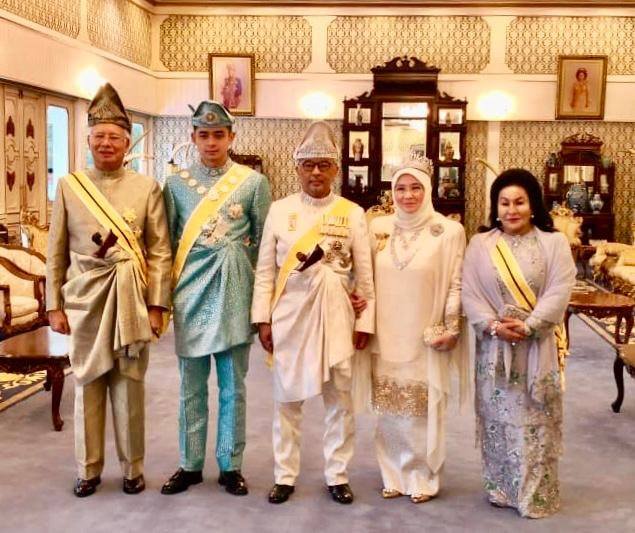THE Malaysian Trades Union Congress (MTUC) has expressed concern that some government leaders and employers might attempt to shift the Covid-19 narrative from the aspect of public health risks to reopening the economy.
There seem to be attempts to shift public attention to when non-essential businesses should be allowed to reopen, rather than whether it’s safe to do so in the first place, according to MTUC secretary-general J Solomon.
The government had extended the Movement Control Order (MCO) for the third time to April 28. Even though the MCO has wreaked havoc on the economy and livelihood of workers, the move is needed to ensure that the containment of Covid-19 remains the foremost priority.
MTUC is relieved that Prime Minister Tan Sri Muhyiddin Yassin had retracted the government’s earlier decision and disallowed the opening of salons, barber shops and optical shops during the third phase of the MCO. Muhyiddin has also ordered that students on university campuses stay put and declared there will not be any Ramadan bazaars during the MCO.
However, questions remain on the necessity of allowing other non-essential businesses such as launderettes (not self-service laundromats), hardware stores and electrical stores to operate, especially when little is known about the safety measures that will be in place to ensure the safety of employers, workers and the public.
Solomon said, “MTUC is against any move to open up non-essential businesses without the full endorsement of the Health Ministry. The danger of opening more shops and stores is simply far too great, given what we know about Covid-19.
“It is an extremely infectious respiratory disease that can be spread in a number of ways and even carried by people who display no symptoms at all. The risk of being infected by Covid-19 lurks every time we step out from our home is very real and must not be downplayed or sacrificed due to economic considerations.”
According to MTUC, issues on restarting certain non-essential services are still clouded with ambiguity. What transpired over the past few days seemed to indicate that the Health Ministry was either not consulted or was ignored when the government announced on April 10 that it would consider allowing certain non-essential businesses to operate during the third phase of the MCO.
The announcement was alarming since there has been little, if any, transparency on how the government intends to go about allowing such businesses to reopen.
MTUC stresses the importance of government leaders paying heed to the Health Ministry’s urgent call for stricter enforcement of the third phase of the MCO.
He referred to Health Ministry director-general Datuk Dr Noor Hisham Abdullah’s statement that the government can draw up plans to enable certain businesses to open but “we’re not ready for implementation of such a move yet.”
The number of red and orange zones in the Peninsula, Sabah and Sarawak are far too many. MTUC opines that it is too simplistic for some ministers to suggest that it’s time to allow for non-essential businesses to open in green zones. As things stand, it does not take much for a green zone to turn into an orange one and then into red.
Although it understands that the MCO has cost many workers their jobs and salaries, MTUC cannot take a stand which adds further risk to the health of the workers and the public with regard to the proposed opening up of certain non-essential businesses.
There are cases of MTUC members in essential services such as the healthcare, banking sector, and more contracting Covid-19 and it doesn’t want its members and their families to be placed in further jeopardy.
The government must display an extreme sense of responsibility and accountability in tackling bread and butter issues.
“Employers should not interpret the critical sector liberally for their own ends. No one in non-essential services should be forced to go to work. And no one should be sacked for following official instructions by staying home.
“Many workers are concerned about catching the virus and infecting family members with underlying health conditions and are too scared to speak out as they could be fired. No employer should put workers in this situation.
“For this reason MTUC has been working on the implementation of the Emergency Employment Regulations to prevent retrenchment, pay cut and forced leave on workers,” said Solomon.
As such, the government, guided by the Health Ministry, must make public its standard operating procedures for ensuring the health and safety of workers and the public before tabling any proposal in reopening the economy, even on a limited scale.
Only then will employers, workers and the public be able to make an informed decision about their health risks with regard to Covid-19.
These proposals must be comprehensive and become part of a blueprint that takes into account the information that a vaccine for Covid-19 may take a year to 18 months or even longer to develop.
In that space of time, contingency plans and protocols need to be drawn up with regard to kickstarting the economy, bearing in mind that the safety and health of the public comes first and above everything else, Solomon stressed. – April 14, 2020










